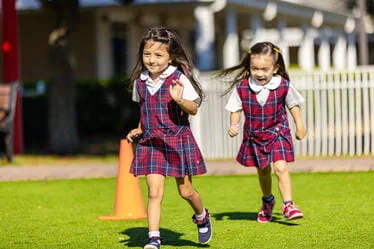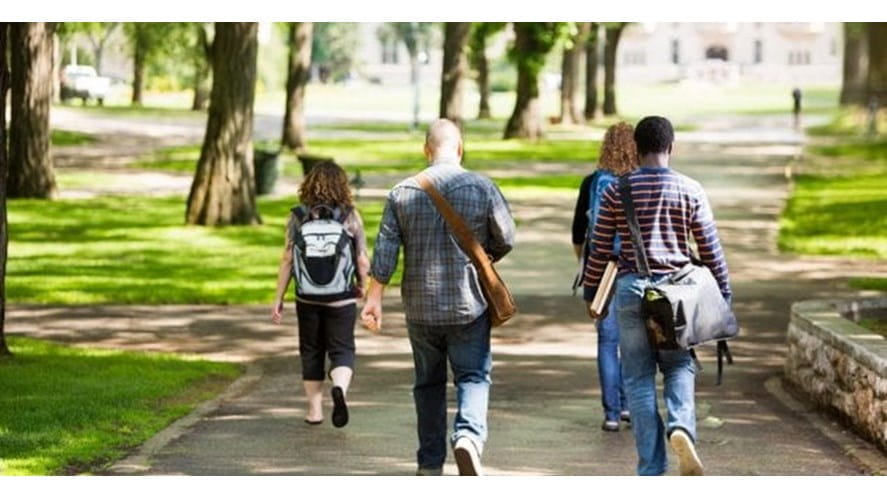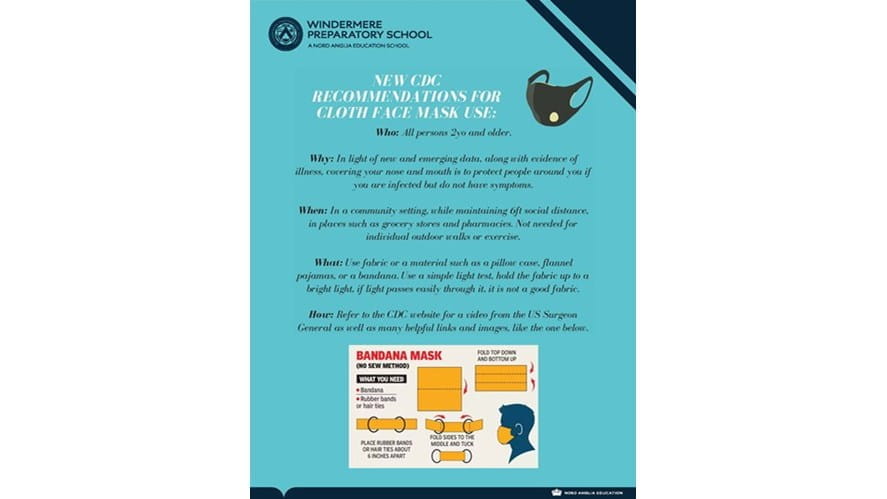Young Learners Back at School The Benefits of Schools and School-Supported Programs on Young Students
August marks the opening of schools across the nation and for young children, it is possibly their first and/or only social experience with children and adults outside of their immediate family. The pandemic shutdowns of the last year also resulted in limitations of social interaction for many children. Families were left struggling to balance working from home and childcare. In addition, many were coping with the overwhelming stress and trauma associated with a worldwide pandemic, often at a personal level with the loss of loved ones. As we look to the future and re-open schools with in-person attendance, how important is a school environment for young children?
Child Development & Well-Being
Schools and school-supported programs are fundamental to child and adolescent development and well-being. Schools provide our children and adolescents with academic instruction; social and emotional skills, safety, reliable nutrition, physical/occupational/speech therapy, mental health services, health services, and opportunities for physical activity, among other benefits*. Research from the Center on the Developing Child at Harvard University confirms that the emotional and physical health, social skills, and cognitive-linguistic capacities that emerge in the early years are all important prerequisites for success in school and later in the workplace and community.
Students Acquire Foundational Skills
As children progress through the appropriate stages of development, a well-designed early childhood program supports connections in their brain architecture. Schools offer opportunities for children to engage in activities created specifically to help students practice and acquire foundational skills. At Windermere Prep our youngest learners begin their educational journey in PreKindergarten 3 where the classroom environment includes a variety of play-based learning challenges including building, role play, gross-motor outdoor activities, sensory explorations, and fine-motor object manipulation - all of which is experienced in a setting alongside their peers.
Self-expression & Emotional Control
This last point is critical - children benefit most from these experiences when they occur hand-in-hand with being able to observe, copy/model, and contact others. Without the interaction of a peer group, children also lack practice with self-expression and emotional control. Despite the heroic attempts of teachers everywhere to connect with families remotely and continue the learning process, young children thrive on being physically present in a stimulating classroom environment where they can touch, manipulate, ask about and respond to their immediate world.
Written by: Stephanie Jackson, Lower School Director at Windermere Preparatory School
*Christakis DA, Van Cleve W, Zimmerman FJ. Estimation of US children’s educational attainment and years of life lost associated with primary school closures during the coronavirus disease 2019 pandemic. JAMA Netw Open.2020;3(11):e2028786. Available here.




